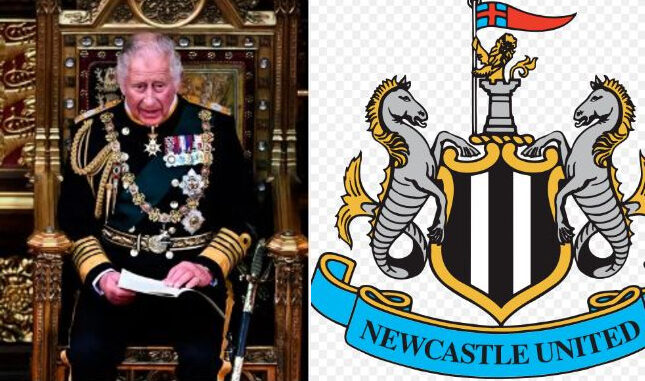
Aston Villa, Newcastle united , Wolves, and West Brom will all be impacted by the establishment of an independent English football regulator, which was announced in the first King’s Speech in 70 years.
The introduction of an independent football regulator for English football was confirmed during the recent King’s Speech, which was the first in 70 years and delivered by King Charles.
The Football Governance Bill, which includes the establishment of this regulator, is among the proposed bills mentioned in the King’s Speech. The bill is generally well-supported, although there will be a close examination of the specific legal powers granted to the regulator.
This regulator is a significant development arising from a fan-led review commissioned in response to the controversial European Super League proposal by six Premier League clubs (Arsenal, Chelsea, Liverpool, Manchester City, Manchester United, and Tottenham Hotspur). The regulator will impact English football at various levels, including clubs like Aston Villa, Birmingham City, Wolves, and West Brom.

One of its key objectives is to ensure the financial stability of clubs deeply rooted in their communities. It will implement a new licensing system that requires clubs to demonstrate sound financial models and good governance as part of the application process. The regulator will also grant fans a greater say in the strategic decisions of their clubs and prevent owners from making significant changes without fan consultation, such as renaming clubs, changing badges, or altering home shirt colors. It will also oversee club sales or stadium relocations.
The EFL has emphasized the importance of combining this regulatory initiative with changes to wealth distribution at the top of the football hierarchy. They hope the regulator can aid negotiations with the Premier League in this regard.
EFL Chairman Rick Parry expressed support for the regulator and its potential to make clubs sustainable across all tiers of English football. He noted that the redistribution of wealth must go hand in hand with improved regulation to ensure sustainability.
The Fair Game coalition, which includes clubs, academies, and politicians, also welcomed the prospect of a football regulator, emphasizing the need for fairness, transparency, and reform in English football governance.
The introduction of an independent football regulator represents a significant step toward enhancing the governance and fairness of the sport in England. It aims to ensure the long-term well-being of football clubs and the involvement of communities and fans in shaping the future of the game.
Leave a Reply